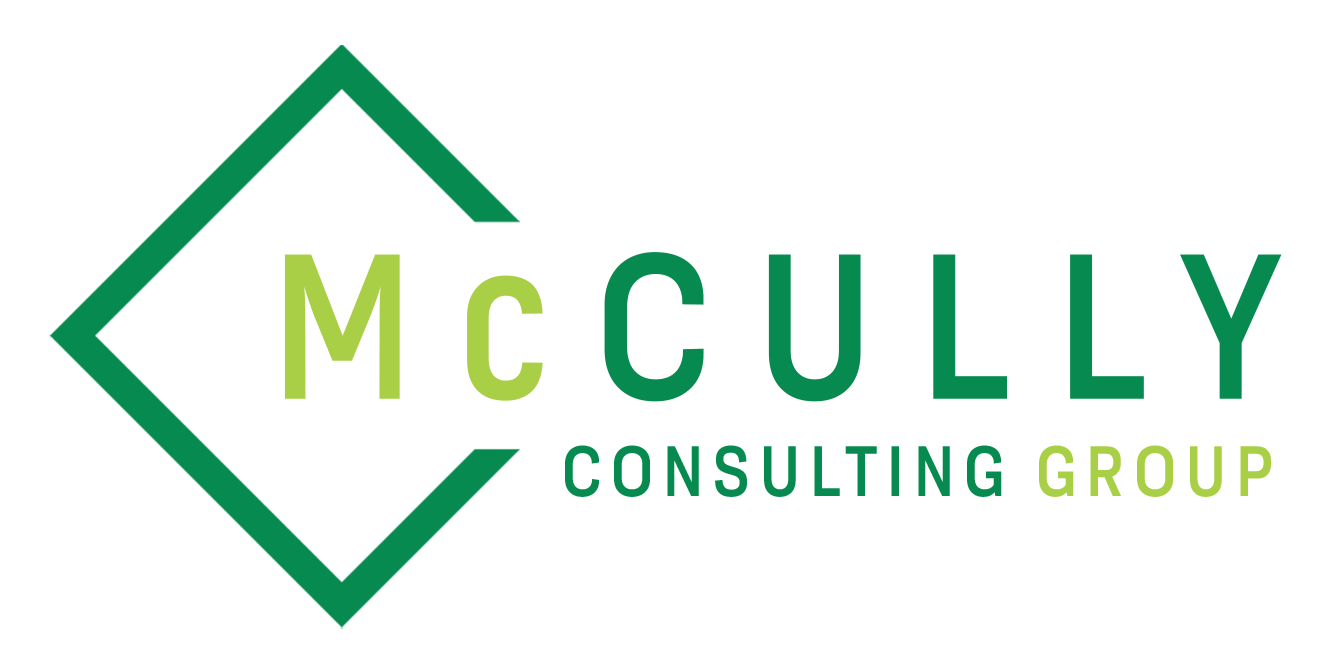Managing finances is one of the most essential yet challenging business operations. Whether tracking expenses, managing invoices, or preparing for tax season, having a reliable accounting tool can make all the difference. QuickBooks has become a go-to solution for many business owners due to its versatility, user-friendly design, and comprehensive features. However, to truly harness its potential, learning a few tips and tricks that can streamline your accounting processes and save valuable time is essential.
One of the first steps in optimizing QuickBooks is customizing it to fit your business needs. QuickBooks allows users to tailor features such as the chart of accounts, invoices, and reporting tools to align with their specific operations. By organizing your chart of accounts, you can categorize expenses and income in a way that makes sense for your industry, simplifying tax preparation and financial reporting. Additionally, customizing invoice templates with your branding looks professional and ensures consistency across communications with clients.
Automation is another powerful feature within QuickBooks that can significantly reduce manual work. Setting up recurring invoices for clients with regular payments is a simple way to save time and ensure consistency. Similarly, automating bill payments can prevent missed deadlines and late fees while still allowing you to monitor cash flow. QuickBooks also offers options to automatically categorize expenses by linking your bank accounts, which eliminates the need for manual data entry and reduces errors.
Utilizing QuickBooks’s “classes” and “locations” features is invaluable for businesses that deal with multiple clients or projects. These tools allow you to track income and expenses by specific categories, such as departments, products, or projects. This feature makes it easier to generate detailed reports and understand which areas of your business are most profitable. Additionally, these insights can guide strategic decision-making, helping you allocate resources more effectively.
Another feature often overlooked but highly beneficial is the ability to create customized reports. QuickBooks offers various reporting options, from profit and loss statements to balance sheets. However, customizing these reports lets you focus on the data that matters most to your business. For instance, you can generate reports highlighting overdue invoices, upcoming bill payments, or cash flow trends. With this level of insight, you can stay proactive about your financial health and address potential issues before they escalate.
Bank reconciliations are another area where QuickBooks excels. Reconciling your bank accounts regularly ensures that your financial records are accurate and current. QuickBooks simplifies this process by automatically matching transactions with your bank statements flagging discrepancies for review. This saves time and minimizes the risk of errors that could affect your financial decisions.
QuickBooks also integrates seamlessly with various third-party applications, further enhancing its capabilities. For example, apps for payroll management, inventory tracking, and customer relationship management can all be linked to your QuickBooks account. These integrations reduce the need for manual data transfers and create a centralized system for managing your business operations. By leveraging these tools, you can make a streamlined workflow that saves time and enhances accuracy.
Regular training and updates are essential to make the most of QuickBooks. As the platform evolves, new features and tools are added that can improve efficiency. Staying informed about updates and dedicating time to exploring new features can ensure you always use the software to its full potential. QuickBooks also provides a wealth of resources, including tutorials, webinars, and customer support, which can help you troubleshoot issues and learn advanced techniques.
For many business owners, tax season is a source of stress. QuickBooks simplifies this process by organizing your financial data throughout the year, making it easier to prepare and file taxes. Features like tax categorization and detailed reporting allow you to track deductible expenses, reducing the risk of overlooking potential savings. Additionally, QuickBooks integrates with various tax preparation tools, streamlining the filing process and ensuring compliance with regulations.
Security is another crucial consideration when managing finances, and QuickBooks offers robust measures to protect your data. Features like multi-factor authentication, automatic backups, and restricted user access ensure that sensitive information remains secure. These features allow you to confidently manage your finances without worrying about data breaches or loss.
Incorporating these tips and tricks into your QuickBooks workflow can transform how you manage your business’s finances. From automation to customization and integration, QuickBooks provides tools that simplify accounting and empower business owners to make informed decisions. With a little effort upfront, you can turn QuickBooks into a powerful ally in running your business efficiently and effectively.
